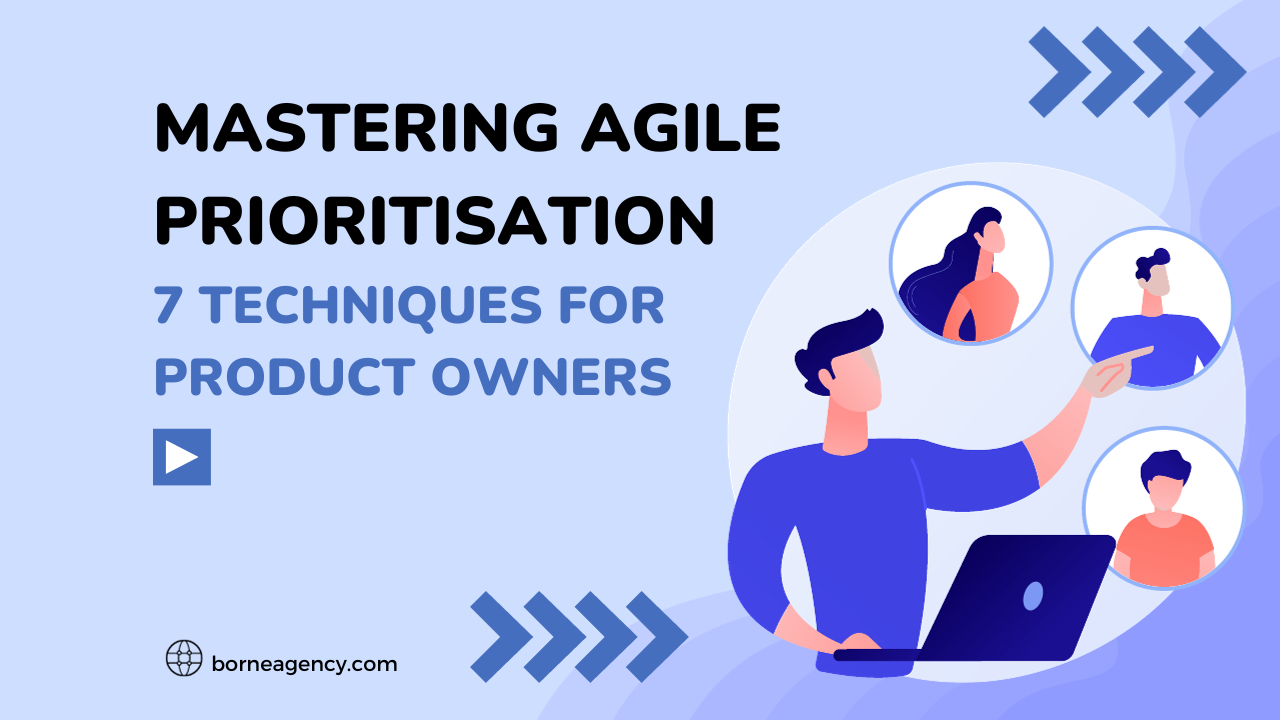Oct 09 - 4min readHow Can Big Data Affect The Mental Health Sector?: Part IBy Launchbase

“According to the Anxiety and Depression Association of America, anxiety disorders are the most common mental illness in the U.S. They affect 40 million adults, or 18.1% of the population, every year. Furthermore, anxiety disorders affect 25.1% of children between 13 and 18 years old, putting them at a much higher risk to perform poorly in school, engage in substance abuse, and miss out on important social experiences. Even though this disorder is highly treatable, only 36.9% of those suffering receive treatment, most likely due to a perceived societal stigma, with men far less likely to seek treatment.”
Data Analytics and Big Data have the potential to offer a wide variety of opportunities to excel and improve the outcome of social and healthcare, specifically the mental health sector. In the last two years alone, 90% of the world’s data has been created and by 2020, there will be more than 50 billion smart connected devices in the world, collecting, analysing and sharing data.We are seeing a significant increase in the value of big data as it improves the quality of research and the actual diagnosis of mental illness and disorders. The complexity of the variables involved make it very difficult for psychiatrists to identify the causes and origin of a wide variety of mental health conditions. Because of this, there is a need for more powerful tools to create these relationships and identify patterns. This is where data analytics and big data comes in.
Two researchers that are heading the movement, Dr Claire Gillan and Associate Professor Robert Whelan, both funded by MQ. Both collaborated on a research paper titled ‘What big data can do for treatment of mental illness’ which maps out the opportunities for big data as well as machine learning. According to statistics, one in ten people suffer with depression in the UK alone. Researchers have stated that big data could end the approach of trial and error when it comes to treatments. In a 2012 study, the Dr Rudolph Uher tested if specific symptoms associated with depression could be predicted on how effective an anti-depressant would be after a treatment duration of 12 weeks. When looking at patterns in a larger dataset, the team found out that symptoms such as inability to make decisions, loss of interest and diminished activity predicted a decreased outcome of antidepressant treatment. Understanding these results could significantly improve how healthcare practitioners could improve how we match interventions to a patient.

Adam Chekroud, of the Yale School of Medicine and his team have delved into the effectiveness of antidepressants. The study was conducted in 2016 which focused specifically on an antidepressant called citalopram. The team identified 25 variables that could be used to predict the treatment outcome which allowed for specific tools to be developed which could successfully forecast whether someone would respond positively with citalopram. Looking to improve how we prescribe treatment for depression, Dr Claire Gillan has collected significant amounts of data by inviting people that are living with depression to share their information and track their symptoms through an online platform. From this information, an algorithm is created. This innovation could revolutionise the treatment of patience as individuals instead of a collective whole. The amount of studies that are taking place.
Possible Challenges?
There are significant benefits on harnessing big data for mental health, so why isn’t it being used on a more regular basis? One of these challenges is that the studies mentioned as well as others have been difficult to scale. Medication requires specific evidence from a large group of people before investment into the collection of data. This also requires two groups, one to test and one to compare against and this may prove difficult to recruit for these studies. Another possible challenge is funding of these projects. Many experts feel that MRI’s product the best results for their studies into mental health as they can see exactly what is happening in the brain. However, MRI scans are costly as you would require specialised equipment and computer systems to analyse the data that is gathered. We need to focus funding into this research to harness the best results from this data possible.
What Can We Expect In The Future?
Currently, we don’t have one data source that is large enough and reliable enough to refer to. However, we can get around this. Data scientists are discovering and creating models combine and link different data sources to provide authentic results. From MRI scans to genetic information, test results, doctor’s notes and pharmacy sales, as well as the statistics we obtain fro, monitoring tools and health apps – however, we need to fund and invest in data science if we are going to progress in furthering our understanding in factors that could make a difference.
If we utilise this properly, big data could help identify risk factors for mental illness, track how well people improve and get the right treatment for people with mental health conditions. It can also help us detect and prevent mental health conditions from developing. This should not be a futuristic add-on to mental health treatment and research. It should be a required part of understanding it.



